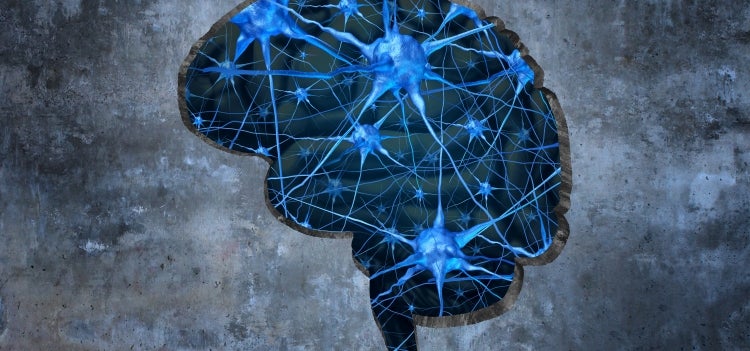Biology congratulates its newest faculty member, Dale Martin, on his latest paper.


Dale Martin, a former postdoctoral fellow at the UBC Centre for Molecular Medicine and Therapeutics, now at the Center for Neural Repair and Rehabilitation at Temple University, will be joining Waterloo’s Department of Biology on July 1st as the department’s newest faculty member in the fields of cell and molecular biology.
Martin specializes in understanding what regulates Huntington disease symptoms at the molecular level, and how this knowledge can be applied to developing therapeutics for Huntington and other neurodegenerative diseases.
Huntington disease is a hereditary, neurodegenerative disease that usually begins in mid-adulthood, progressively depriving patients of their muscle coordination, emotional regulation and cognitive function.
In his most recent paper as co-author, published this week in Acta Neuropathologica Communications, Martin and his colleagues show that mice who are under a strict eating schedule have lower levels of a mutant protein in the brain responsible for Huntington disease (HD).
The dietary conditions stimulated a process in the mice called cellular autophagy, a process by which cells use to clear out and recycle debris, including the mutant huntingtin protein (mHTT) that builds up in the brain. By increasing the rate of autophagy, the buildup of mHTT was reduced in the mice.
“HD is a devastating disease with no cure available at this time,” said Martin. “More studies are needed, but perhaps something as simple as a modified dietary schedule could provide some benefit for patients and could be complementary to some treatments currently in clinical trials.”
In addition to diet, the researchers found that a modified form of the mHTT protein that could not be cut at a particular location made the protein a better substrate for autophagy and clearance. This effect may explain why a previous study showed that blocking cleavage at this site reversed the HD condition in mice.
For more information about his research and potential graduate student positions, please contact Prof. Martin through his Waterloo email address: dale.martin@uwaterloo.ca.